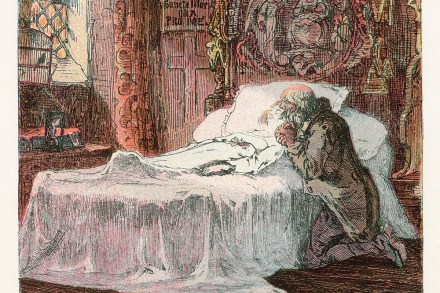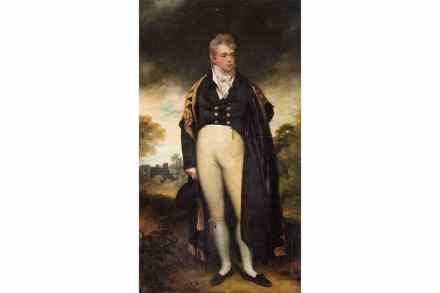The radical power of sentimentality
When Samuel Richardson’s Pamela was published in 1740, it unleashed something unprecedented in literary history. This epistolary novel about a virtuous servant girl resisting her predatory master saw new depths of feeling on the printed page, reducing readers across Europe to tears. The revolutionary impact of emotion informs Ferdinand Mount’s ambitious cultural history, Soft. The former TLS editor and one-time head of Margaret Thatcher’s policy unit has crafted what reads like an elegant love letter to the human heart itself. Mount grasps an important truth: emotions do not mean the same thing across time, nor are they consistently valued in the same way. What one era celebrates as virtuous emoting,



